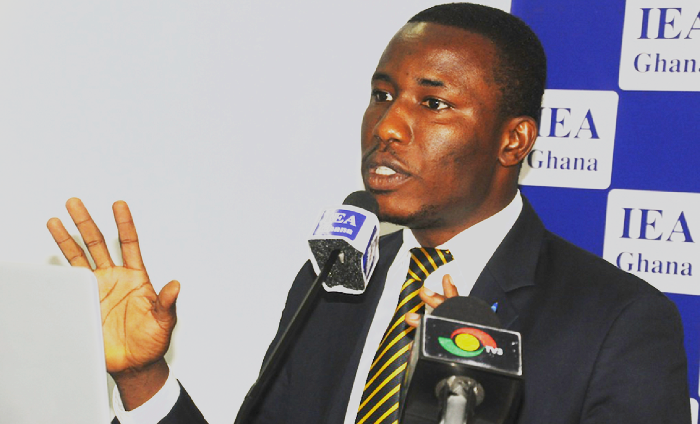
Unemployment, poverty most critical challenges facing Ghanaians — IEA Survey
A nationwide survey by the Institute of Economic Affairs (IEA) has identified unemployment, poverty and unreliable supply of electricity as the most critical challenges facing Ghanaians, which need government’s immediate attention.
Advertisement
The survey identified unemployment as hitting females harder than males and has led to more women living below the poverty line.
The 2015 survey sampled opinions from 1,500 respondents aged 18 years and above. Corruption, high prices, poor education, unreliable water supply, poor infrastructure, and low income/salaries also featured in that order as the most important challenges.
The survey indicated that unemployment is an urban problem while it identified poverty as a rural phenomenon, with unreliable electricity (low access and high tariff) as the headache of urban dwellers.
Gender
At a presentation of the survey in Accra last Tuesday, a Research Officer of the IEA, Mr Samuel B. Manu, said unemployment, although high for all categories, was of more concern to female urban dwellers aged 18 to 23 and 46-59 and people living in the Volta, Eastern and the Central regions.
Mr Manu said the survey also showed that poverty “is a rural phenomenon, with unreliable electricity supply being of more concern to urban dwellers.”
According to Mr Manu, five regions — the Upper East, Upper West, Northern, Brong Ahafo and the Central — came up as the areas where poverty is high, as indicated in the survey.
The Ashanti and the Greater Accra regions came up as areas where unreliable electricity supply is most felt, while the Upper East and Upper West did not consider unreliable electricity supply as so critical.
An intriguing aspect of the survey is that 26.7 per cent of females found unemployment as critical, with 24.4 per cent males doing same. On poverty, 24.8 per cent of females expressed concern while 21.1 per cent of males indicated poverty as critical.
For unreliable electricity supply, it emerged that 16.4 per cent of females found that as most critical, with 16.2 per cent males indicating that as critical. On corruption, the survey revealed that 13.4 per cent of males viewed that as critical, with 7.5 per cent females admitting it as critical.
Recommendations
During a roundtable discussion, participants expressed the view that effective leadership could play a key role in addressing the critical challenges the people face.
Besides, they suggested that governments should build upon the foundations of previous governments for sustainable development.
They said the partisan approach to policies and programmes and poor monitoring and supervision had contributed to compounding the challenges which could have been easily addressed.
They called for the strengthening of institutions, since influencing policy was slow, and urged the IEA to liaise with stakeholders to sensitise the people to hold politicians accountable to society.
Some of the participants described the manifestos of political parties as platitudes and pointed out that the conversion of polytechnics into universities would not be beneficial to industrial growth and cited the case of Britain which did same and had regretted the move.
Participants also agreed that excessive destructive partisan approach to issues prevented the people from discussing what constituted a challenge and this is a setback to finding solutions to national challenges.




